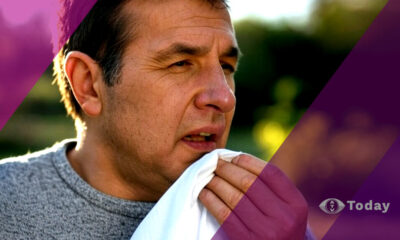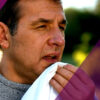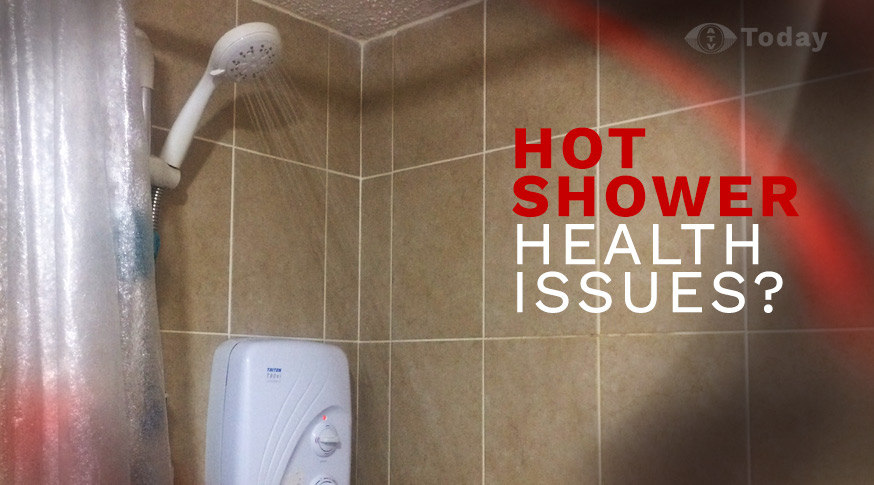Experts recommend avoiding hot showers right after a meal, as they can divert blood from digestion, leading to bloating and discomfort…
Waiting at least 30 minutes before showering allows your body to properly digest food, reducing the risk of dizziness or nausea caused by low blood pressure. Taking a hot shower immediately after eating may seem like a relaxing way to unwind, but it can interfere with your body’s natural digestion process.
PlumbNation, the bathroom and kitchen expert, explains why you should wait around half-an-hour after eating before taking a hot shower and outlines the effects of showering too soon after a meal.
1. Diverts Blood Flow
After eating, your body shifts focus to digestion, which requires increased blood flow to the stomach and intestines. This blood delivers the oxygen and nutrients needed by your digestive organs to break down food efficiently. The more blood directed to the stomach, the better your digestive system performs.
However, when you take a hot shower, the heat causes your blood vessels to dilate, especially near your skin. This triggers vasodilation, which draws more blood to the surface of your body to help cool it down.
While this is a natural response, it can reduce the amount of blood available for digestion, diverting resources away from your stomach and intestines. As a result, your digestive system may not function as efficiently, leading to a slower breakdown of food. This redistribution of blood can make you feel sluggish or overly full, as the stomach struggles to manage digestion without enough blood supply.
2. Slows Digestion
In addition to diverting blood from your stomach, the relaxing effect of hot water can also slow digestion. When your body is exposed to heat, it relaxes muscles, including those in the digestive tract. This can reduce the speed at which food is processed, potentially causing delayed gastric emptying.
This slowdown can lead to discomforts such as:
- Bloating: As food remains in the stomach longer, gas can build up, causing an uncomfortable feeling of fullness or puffiness.
- Indigestion: You might experience symptoms like heartburn if stomach acid backs up into the oesophagus due to delayed digestion.
- Nausea: The slower movement of food can sometimes result in nausea, especially after a heavy or fatty meal.
By waiting at least 30 minutes after eating, your body can focus on moving food through the digestive tract more efficiently, helping to prevent these unpleasant symptoms.
3. Risk of Dizziness or Nausea
Hot showers can cause a temporary drop in blood pressure, which is more noticeable when the body is digesting food. The heat from the shower dilates blood vessels, allowing blood to pool in the skin, reducing overall blood pressure. After eating, your body is already directing more blood to the stomach for digestion, so the extra demand for blood to cool the skin can create a shortage elsewhere, including in the brain.
This can result in:
- Dizziness: As blood pressure drops, insufficient blood flow to the brain can cause dizziness or lightheadedness, particularly if you stand up quickly or move suddenly in the shower.
- Nausea: A drop in blood pressure may also lead to nausea, particularly when your body is already working hard to digest food and regulate temperature.
- Fainting (in rare cases): If the drop in blood pressure is significant, fainting could occur, although this is uncommon. However, combining a hot shower, a large meal, and low blood pressure might put someone at risk of a temporary blackout.











